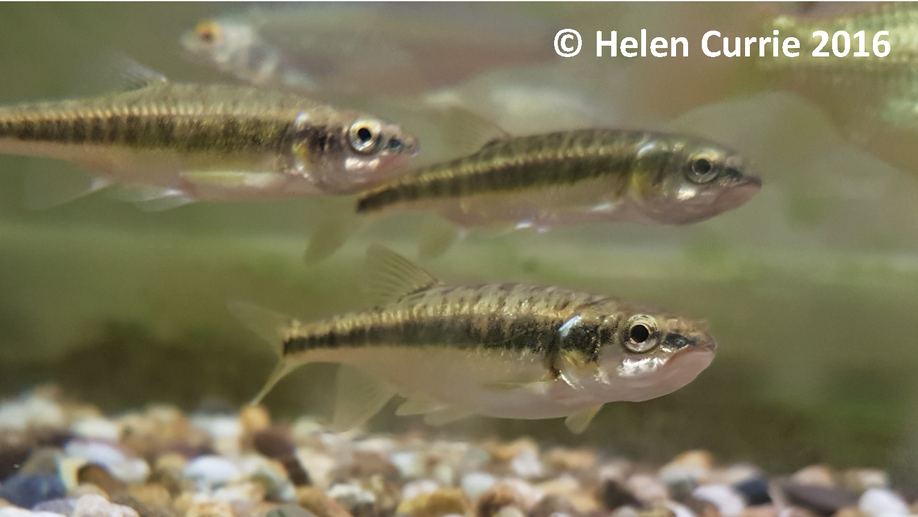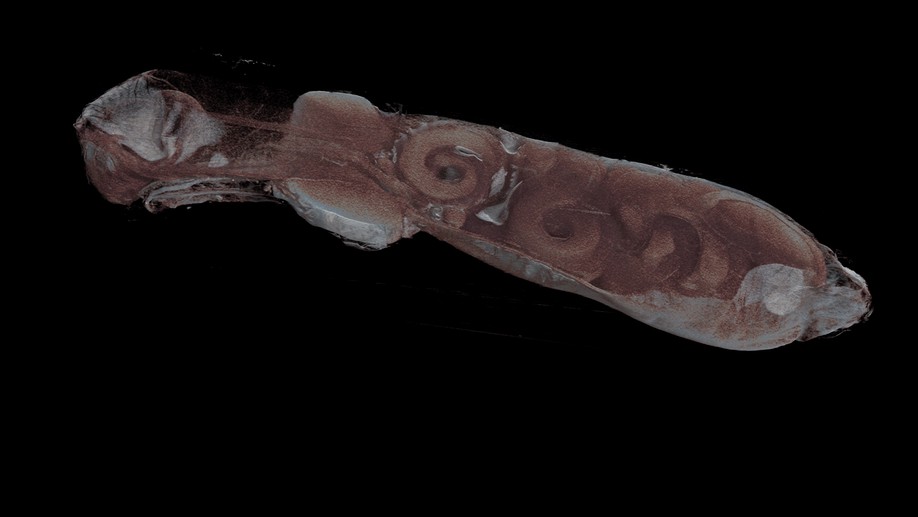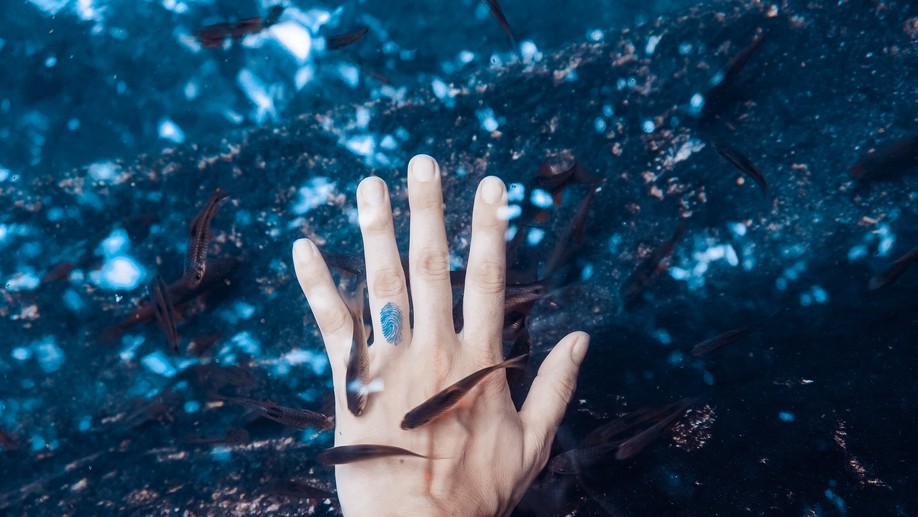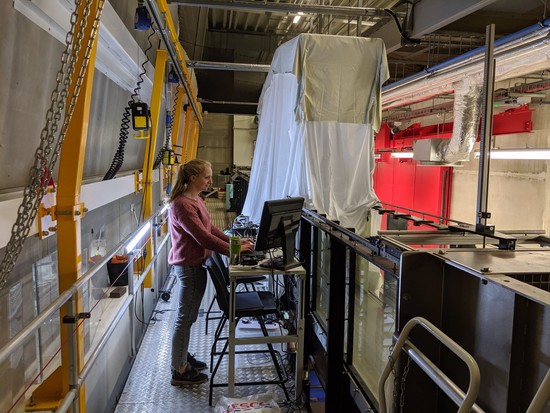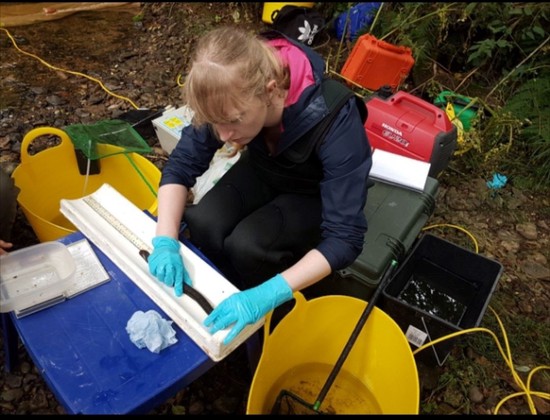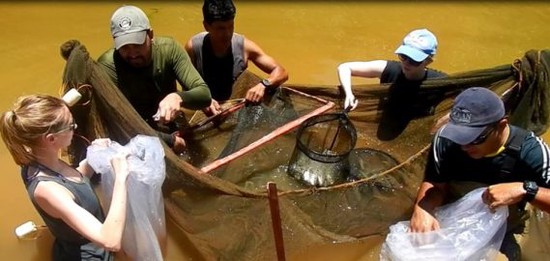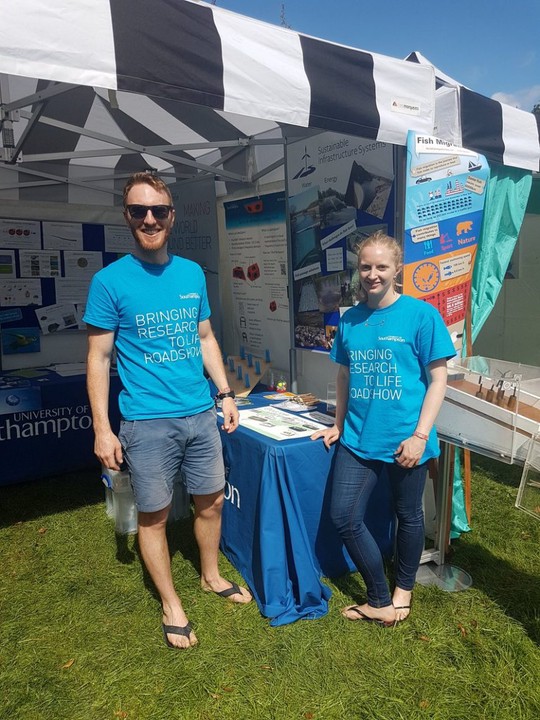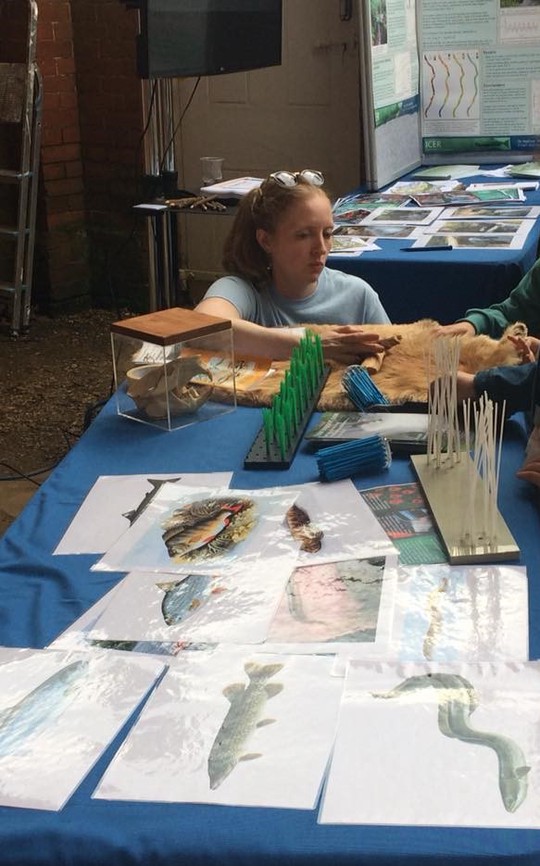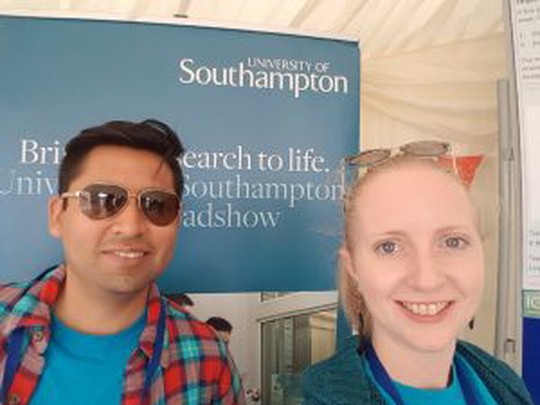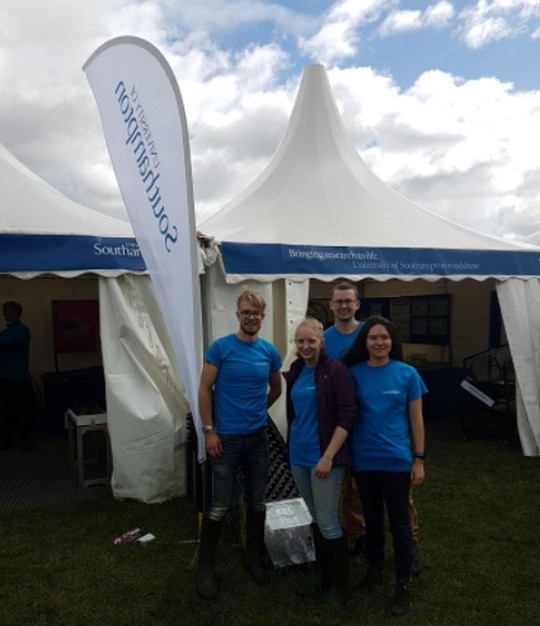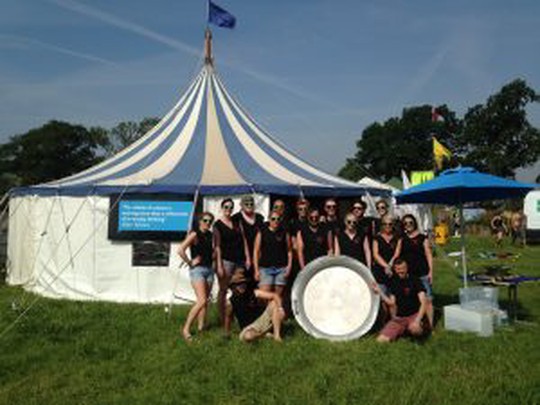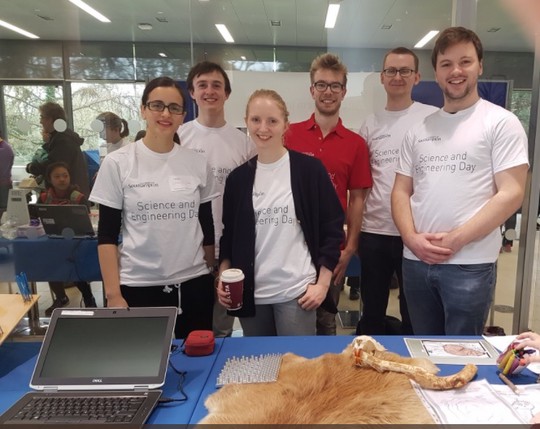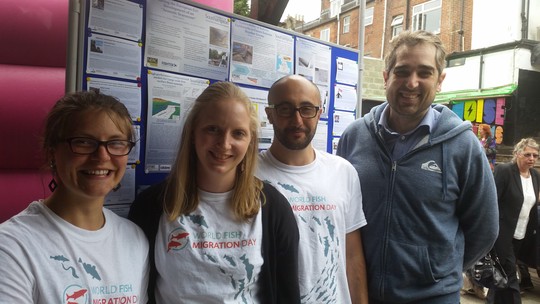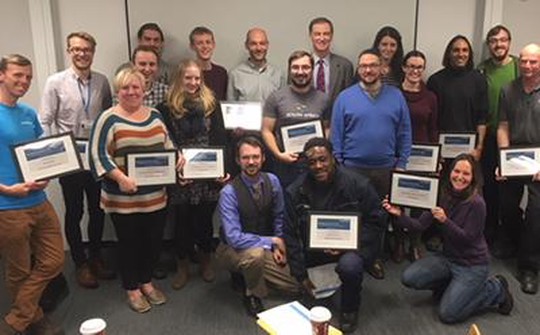Helen A. L. Currie
Postdoctoral Research Associate
Fish Ecology and Conservation Physiology Laboratory
Biography
Welcome! 👋 I’m Helen Currie (she/her), a Fisheries Ecologist and part-time Postdoctoral Research Associate in the Cooke Lab: Fish Ecology and Conservation Physiology Laboratory.
I recently completed my PhD research at the University of Southampton’s International Centre for Ecohydraulics Research where I used an interdisciplinary approach to investigate group responses of fish 🐟🐟🐟 to environmental change, e.g. noise 🔊. Results are applicable to conservation efforts to reduce the impacts of anthropogenic noise on the collective behaviour of fishes, and the development of acoustic deterrent systems. These technologies could assist in controlling range expansion of invasive species 💪, or reduce screening impingement and fish mortalities 🤕☠️ at dangerous sites (e.g. hydropower dams). My PhD was sponsored by the Natural Environment Research Council and Fishtek Consulting Ltd.
Further to my main research interests, I am also involved in a number of interdisciplinary projects, including:
- understanding the mechanical response of nematode infected European eel swimbladder
- the impacts of rapid decompression, or “barotrauma”, on neotropical ichthyofauna
- freshwater biodiversity and urban planning.
I enjoy public engagement and science communication projects, and have previously worked in science policy, taking a lead role in collating organisational responses to UK Government environmental consultations. Additionally, I have been highly active in promoting and advocating for equality, diversity and inclusivity within my research institution.
🎓 Feel free to contact me should you have a collaborative project or idea you wish to discuss.
Also happy to chat about:
- 🏑 field hockey/ sport in general
- 🎸 live music
- 🍰 baking
- ☕️ coffee and 🍻 good beer
Interests
- Animal communication
- Anthropogenic disturbance
- Aquatic ecology and conservation
- Predator-prey interactions
- Behavioural development
- Collective behaviour
- Fisheries management
- Science policy and environmental law
Education
-
PhD in Environmental Engineering, 2021
University of Southampton
-
ILTeR Introduction to Learning and Teaching for Researchers, 2018
University of Southampton
-
MSc in Animal Behaviour and Welfare, 2013
The Queen's University of Belfast
-
BSc (Hons) in Biology and Psychology, 2010
Newcastle University
